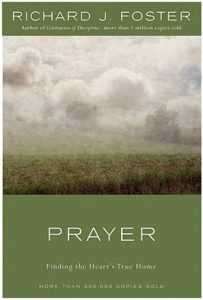 The new Marvel movie Captain America Civil War opens this weekend. The reviews are very good. I have been looking forward to it, but I still haven’t seen Winter Soldier or Age of Ultron. So I am probably not going to go see Civil War this weekend.
The new Marvel movie Captain America Civil War opens this weekend. The reviews are very good. I have been looking forward to it, but I still haven’t seen Winter Soldier or Age of Ultron. So I am probably not going to go see Civil War this weekend.
For the past two weeks I have been somewhat obsessively reading comic books, mostly the Marvel Civil War series. I started because the Ms Marvel books were on sale and I wanted to finish the series. Then I saw that the Civil War books were on sale, I picked those up. (I do want to note that if you are not interested in keeping them, Marvel Unlimited has a month free trial right now, so you can read all of these during a free trial and cancel.)
 I have read one review of the movie and heard from some people that the comic and the movie have the same themes and broad outlines, but are very different in the specifics.
I have read one review of the movie and heard from some people that the comic and the movie have the same themes and broad outlines, but are very different in the specifics.
So on to the review of the comic books. I am not sure I read comic books correctly. I want a good story. And I want art that is interesting and enhances the story. These collections have different artists although mostly the art is somewhat similar in style.
The central idea of the series is that Iron Man and Captain America react differently to the governmental response to an accident that kills hundreds of people. A reality TV Superhero show (COPS style) tries to take down some minor league super villains. This goes badly when it causes an explosion that destroys an elementary school and kills over 600 people, mostly children, while being filmed.
That accident turns public opinion against superheroes and a movement starts to requires registration of all heroes and requires all heroes to work for SHEILD if they are going to use their powers, making all heroes government employees. Anyone refusing to register will be arrested.
Read more
 Summary: Short profiles of 13 theologians from the 20th century.
Summary: Short profiles of 13 theologians from the 20th century.






